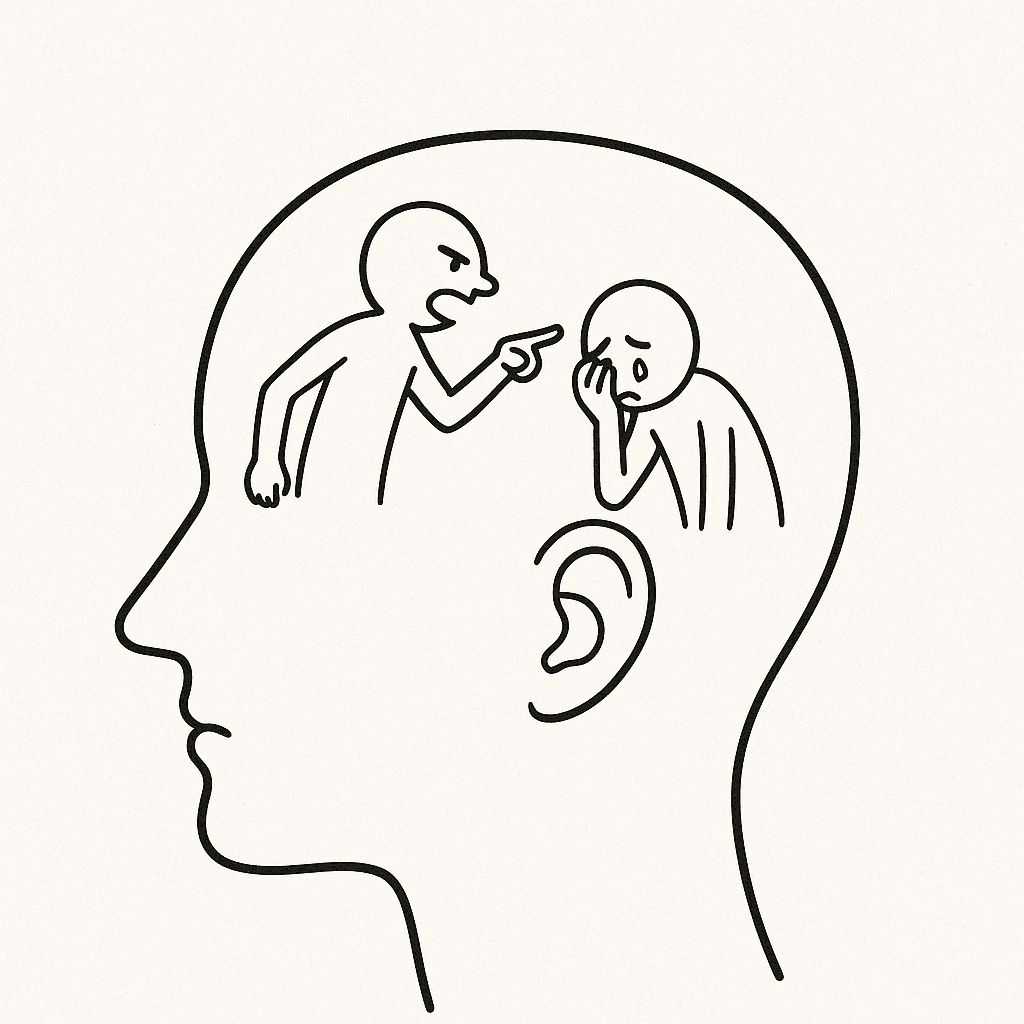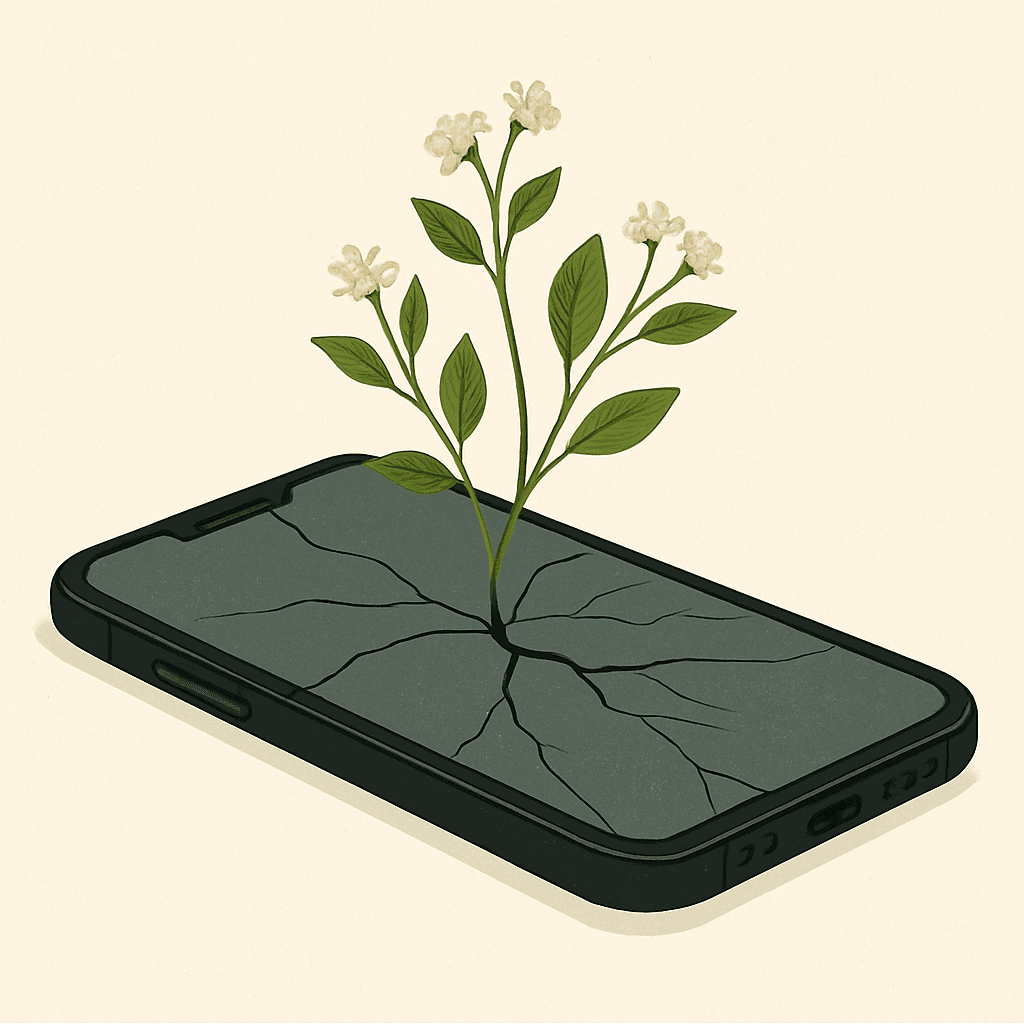At Beyond the Couch Counseling, we believe that love is not just something that happens to us. It is something we choose, something we practice. And perhaps most radically, it is something we surrender to.
David Schnarch, in his seminal work Passionate Marriage, emphasizes that true intimacy requires a delicate balance of differentiation—the ability to maintain your sense of self while staying emotionally connected to another. Schnarch argues that most relationships falter when one or both partners become emotionally fused—losing their individuality in an attempt to please or avoid conflict. Instead of merging into one, love asks each person to show up as their whole, authentic self, willing to risk vulnerability, to change, and yet to remain firmly grounded in who they are.
To truly open up to love someone is one of the most courageous acts a human can take. Not the love of fantasy or performance, but the kind that strips away everything performative and polished. The kind that asks you to be both the mountain and the open field—to hold yourself with dignity and to lie bare in the presence of another.
Schnarch’s concept of differentiation invites us to understand that love does not require us to lose ourselves. Instead, it calls us to remain whole while staying deeply connected to our partner. To love someone well is to say: I am willing to be changed by you, without losing myself.
This is the heartbeat of lasting intimacy: staying deeply connected to your partner without losing your own sense of self. Many of us confuse love with fusion—we collapse our needs into the other’s, or we disappear entirely to avoid conflict. But healthy love is not about merging. It is a dance between two differentiated selves—each willing to stand grounded in who they are while still reaching toward the other.
Schnarch’s work reminds us that true emotional intimacy comes from self-regulation, emotional resilience, and the courage to express needs and desires without compromising who we are. He believes that differentiation—being able to stay emotionally present with your partner while maintaining your own emotional boundaries—is the key to sustaining a passionate and fulfilling relationship. It means being comfortable with your own discomfort and learning to engage honestly, even when faced with difficult emotions or moments of vulnerability.
To love another deeply requires that you know yourself separately—not as half of a whole, but as a whole person capable of self-regulation, honest reflection, and emotional resilience. It is not your partner’s job to manage your emotional state, just as it is not your job to vanish inside theirs.
This kind of love asks you to sit with your own discomfort. To notice when you want to placate, or disappear, or demand closeness instead of earning it through emotional honesty. It requires that you resist the urge to mold yourself into who you think your partner wants—and instead offer them the truth of who you are.
To love is to say:
“Here is what I want. Here is what I fear. And I can hear what you need, even when it challenges me.”
We don’t do this perfectly. No one does. But every time we stay in the room—emotionally, mentally, spiritually—when it would be easier to shut down or lash out, we build something stronger. Something real.
And if we are fortunate, the person we offer ourselves to meets us there—messy, scared, brave.
This is not easy. It will not always feel good. But it will feel true.
That’s why we believe the deeper work of therapy often lives in the space between two people willing to say:
“Here I am. Who are you?”
And then to stay rooted in themselves as they listen—not for the answer they expect, but for the truth that emerges when both people feel safe enough to stop performing and start connecting.
As a place to begin—or begin again—here are 20 questions to ask your partner for deeper relational satisfaction. These questions aren’t about agreement. They’re about intimacy with integrity—allowing each person to show up fully, without disappearing into the other.
20 Questions for Deeper Relational Connection
-
What makes you feel most loved by me?
-
When do you feel the most emotionally safe with me?
-
What’s something I used to do that made you feel cherished—and would you want me to do it again?
-
Is there anything I do (or don’t do) that makes you feel distant from me?
-
What’s a memory of us that still makes you smile?
-
How do you like to be comforted when you’re upset?
-
Is there anything you’ve been holding back that you’d like to share with me now?
-
What does commitment mean to you in our relationship?
-
When you think about our future, what do you most hope for?
-
How do you feel we’ve grown as a couple—and where would you like us to grow next?
-
What does “quality time” mean to you, and do you feel like we get enough of it?
-
What is something I might misunderstand about you that you wish I better understood?
-
Is there anything in our conflict patterns that feels unresolved or repetitive to you?
-
What do you appreciate about me that you don’t say often enough?
-
What does intimacy mean to you, and do you feel satisfied in that area?
-
When was the last time you felt truly seen by me?
-
Is there a part of your inner world—fears, dreams, wounds—you wish I knew more about?
-
How can we support each other better as individuals while staying connected as a couple?
-
What helps you trust me—and what might make it harder?
-
What kind of legacy do you hope our love leaves behind?
These questions don’t need to be answered all at once. In fact, letting just one of them open a new door in your relationship is enough.
At Beyond the Couch Counseling, we help individuals and couples learn how to stay deeply connected without losing themselves. Because love isn’t about becoming one. It’s about becoming more yourself, alongside someone who is doing the same.
You don’t have to wait for a crisis to build something extraordinary. You just have to begin where you are—with openness, with curiosity, with the sacred willingness to love and be loved fully.
Want to deepen your relationship with the support of a therapist? We’re here. Reach out to us at admin@beyondthecouchcounseling.com to learn more.







